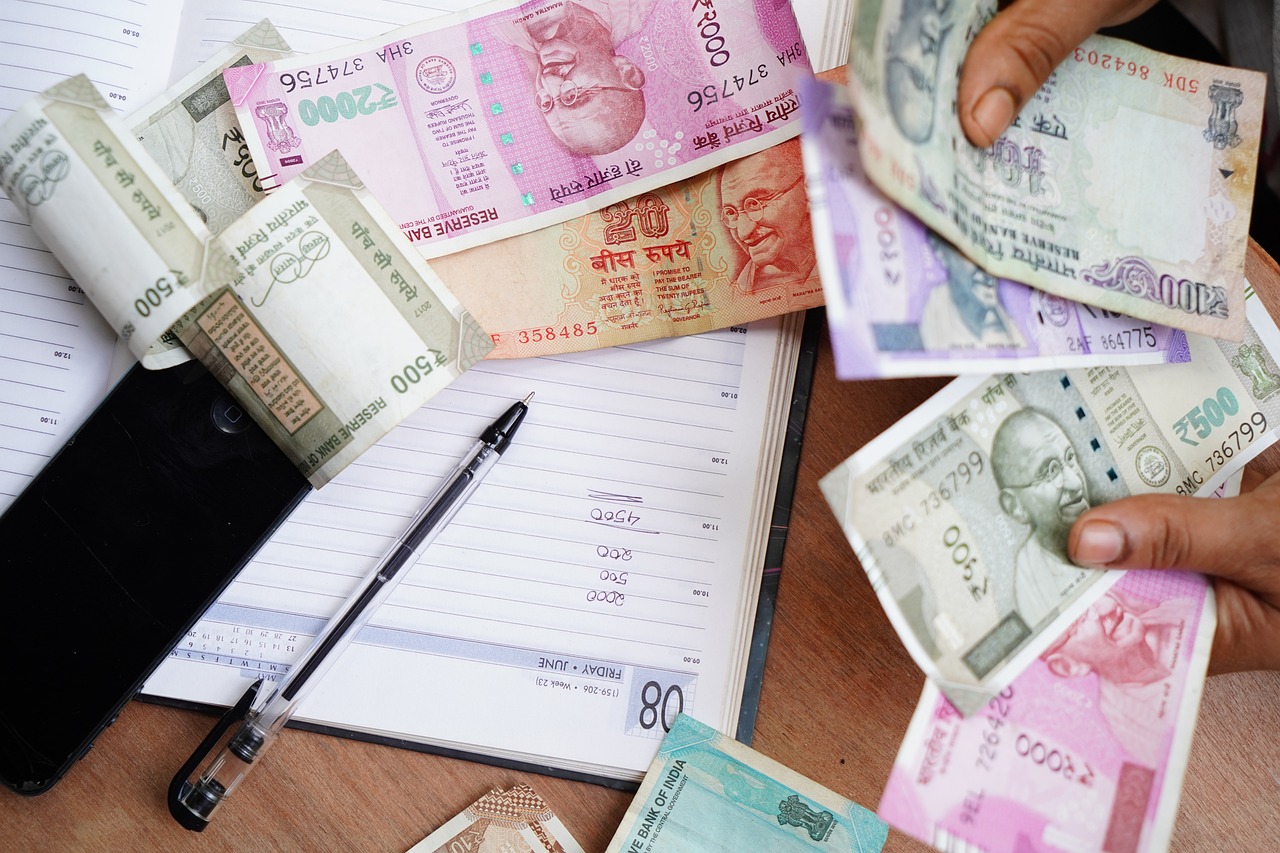Blockchain Applications in Agricultural Supply Chains
gold bet 7, ???? ????????, 11xplay.online:Blockchain Applications in Agricultural Supply Chains
The agricultural industry is one of the oldest and most essential sectors in the global economy. However, it faces numerous challenges, including lack of transparency, inefficient processes, and difficulty in tracking products throughout the supply chain. Blockchain technology has emerged as a solution to address these issues by providing a transparent, secure, and immutable ledger that enables seamless transactions and data sharing among participants in the supply chain.
In recent years, blockchain applications in agricultural supply chains have gained momentum, with various companies and organizations exploring the technology’s potential to transform the industry. From tracking products from farm to table to verifying the authenticity of organic certifications, blockchain offers a wide range of benefits for stakeholders across the agricultural supply chain.
Improved Traceability and Transparency
One of the primary benefits of blockchain technology in agricultural supply chains is improved traceability and transparency. By recording every transaction and movement of products on a decentralized ledger, stakeholders can easily track the origin and journey of products throughout the supply chain. This transparency is crucial for ensuring food safety, quality control, and compliance with regulations.
Enhanced Food Safety
Blockchain technology can also be used to enhance food safety by enabling real-time tracking of products and identification of potential issues or contamination points. In the event of a food recall, blockchain can provide accurate and timely information on affected products, helping to minimize the impact on consumers and improve traceability efforts.
Efficient Supply Chain Management
Blockchain applications in agricultural supply chains can streamline processes and improve efficiency by automating tasks such as inventory management, payments, and contract enforcement. Smart contracts, which are self-executing contracts with predefined rules, can help reduce paperwork, eliminate intermediaries, and ensure timely payments for farmers and other participants in the supply chain.
Authentication and Certification
Blockchain technology can also be used to verify the authenticity of products, certifications, and labels, such as organic, fair trade, or non-GMO. By recording certification processes and audits on a transparent and tamper-proof ledger, stakeholders can trust the validity of claims and make informed purchasing decisions based on accurate information.
Reduced Fraud and Counterfeiting
Blockchain’s decentralized and transparent nature makes it difficult for malicious actors to manipulate or counterfeit data. By recording transactions and product movements on a secure ledger, stakeholders can ensure the integrity of the supply chain and reduce the risk of fraud, theft, and counterfeit products entering the market.
Sustainable and Ethical Sourcing
Another advantage of blockchain applications in agricultural supply chains is the ability to track and verify sustainable and ethical sourcing practices. By recording information on farming practices, labor conditions, and environmental impact on a blockchain, stakeholders can ensure compliance with sustainability standards and consumer preferences for ethical products.
Challenges and Opportunities
While blockchain technology offers numerous benefits for agricultural supply chains, there are also challenges to overcome, such as scalability, interoperability, data privacy, and regulatory compliance. However, with ongoing research, collaboration, and innovation, these challenges can be addressed, and blockchain applications can be successfully implemented to revolutionize the agricultural industry.
FAQs
1. How does blockchain technology improve traceability in agricultural supply chains?
Blockchain technology records every transaction and movement of products on a secure and transparent ledger, enabling stakeholders to track the origin and journey of products throughout the supply chain.
2. How can blockchain enhance food safety in the agricultural industry?
Blockchain enables real-time tracking of products and identification of potential issues or contamination points, helping to enhance food safety by providing accurate and timely information on affected products.
3. What are smart contracts, and how do they benefit agricultural supply chain management?
Smart contracts are self-executing contracts with predefined rules that automate tasks such as inventory management, payments, and contract enforcement. They can help streamline processes, reduce paperwork, and ensure timely payments for farmers and other participants in the supply chain.
4. How does blockchain technology verify the authenticity of certifications and labels in the agricultural industry?
Blockchain records certification processes and audits on a transparent and tamper-proof ledger, enabling stakeholders to verify the authenticity of certifications, such as organic, fair trade, or non-GMO, and make informed purchasing decisions based on accurate information.
5. How does blockchain technology reduce the risk of fraud and counterfeiting in agricultural supply chains?
Blockchain’s decentralized and transparent nature makes it difficult for malicious actors to manipulate or counterfeit data, reducing the risk of fraud, theft, and counterfeit products entering the market.
6. How can blockchain technology track and verify sustainable and ethical sourcing practices in the agricultural industry?
By recording information on farming practices, labor conditions, and environmental impact on a blockchain, stakeholders can ensure compliance with sustainability standards and consumer preferences for ethical products, promoting sustainable and ethical sourcing practices.
In conclusion, blockchain technology has the potential to revolutionize agricultural supply chains by improving traceability, transparency, food safety, supply chain management, authentication, certification, fraud prevention, and sustainable sourcing practices. While there are challenges to overcome, the opportunities for innovation and collaboration are vast, and the benefits for stakeholders across the agricultural industry are significant. As blockchain applications continue to evolve and expand, the future of agricultural supply chains looks brighter and more efficient than ever before.







